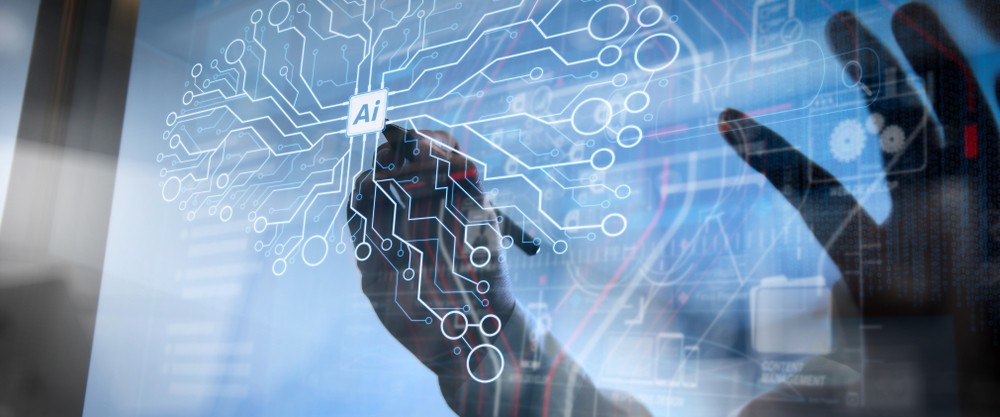Australia’s tropical marine research agency, the Australian Institute of Marine Science (AIMS) and Accenture are working together to accelerate global efforts to protect coral reefs. The collaboration supports AIMS’ wider coral reef monitoring efforts as the teams seek to transform the technology used to monitor, collate and analyse data to help improve the sustainable management of these fragile marine ecosystems.
Following an initial phase of experimentation at The Dock, Accenture’s flagship R&D and global innovation centre, the project is focused on integrating cutting edge techniques in areas including cloud computing, artificial intelligence and data analytics into the applications that AIMS uses to monitor coral reefs. This will enable reef scientists to share data faster, foster collaboration between scientists and organisations across countries and regions, and ultimately assist in conservation efforts.
Reefs worldwide are under pressure. The condition of many coral reefs around the world has declined as a result of the cumulative effects of global and local challenges, through extreme weather events like marine heatwaves, tropical storms, ocean acidification, and chronic pollution. With predictions that about 75% of coral reef globally may be severely threatened, not only are the habitats of a quarter of all marine life at risk, but so too are the food sources, incomes and livelihoods that are central to the economic future for one billion people globally.
“Australia is an economically well-developed nation hosting coral reefs, including the iconic Great Barrier Reef, and the purposeful development of these technologies will benefit nations across the world towards gaining efficiency in coral reef monitoring and fostering integrative efforts to better manage our reef systems,” said Dr. Manuel Gonzalez Rivero, Senior Research Scientist, Australian Institute of Marine Science.
“Through our work with Accenture we seek to bring innovative and transformative change to the way we monitor our reefs. Such a technological and efficient solution will provide scientists, environmental managers and decision makers with the knowledge that contributes to the sustainable productivity of marine-based industries and helps protect coral reef ecosystems globally.”
Richard McNiff, rapid innovation director, Accenture’s The Dock, added: “This project began with a team at The Dock working to identify ways to use artificial intelligence to help the environment. We started to explore new computer vision approaches to monitor coral resilience and quickly realised that by bringing together Accenture’s technology and design expertise with AIMS’ incredible knowledge and data, we could add real value to global reef conservation efforts. It was an immensely rewarding experience for our team to apply their skills to such an important topic.”
Project outcomes focused on areas including:
- Scalable Cloud computing to optimise efficiencies in data analyses.
- Emerging technologies in artificial intelligence for coral reef monitoring
- Purposeful technology development to satisfy stakeholder needs.
“The Great Barrier Reef holds significant value for Australia in terms of its natural beauty but also the economic value it contributes to the Australian economy. The use of cloud computing, real time analytics and other emerging technologies to support the valuable work provided by organisations such as AIMS will be vital to protecting the reef now and into the future,” added Tara Brady, country managing director for Accenture Australia and New Zealand.
This collaboration is a continuation of Accenture’s efforts to bring together our breadth of technological capabilities with our people’s ingenuity to protect coral reefs. Last year, Accenture, Intel and Sulubaaï Environmental Foundation announced a new solution powered by artificial intelligence to monitor, characterise and analyse coral reef resiliency, which has been deployed in the Philippines since 2019.




